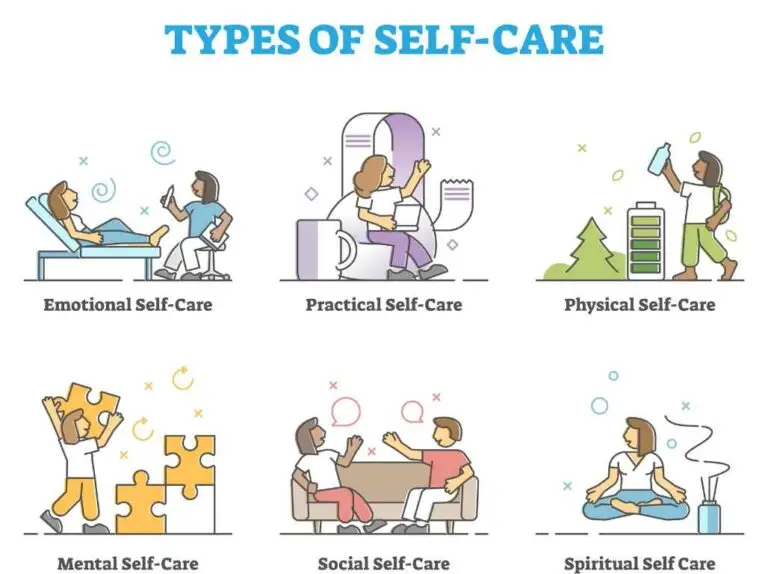Self-Care In Recovery Is Taking Steps To Heal Your Body And Mind
What is self-care in recovery and why does it matter? What do you think of when you hear the term self-care? It’s not bubble baths and lighting candles for happy moments. In recovery from an addiction or mental illness, the body and mind need tools to heal the damage that has been done over time. People who have abused alcohol and substances have physical and emotional illnesses and loss. They have not taken care of themselves, and their bodies and spirits have taken the toll.
Self-Care In Recovery Provides Mental And Physical Rehabilitation
What is mental and physical rehabilitation all about when it comes to addiction recovery? Imagine rehab looks like for people who have had surgery or injuries. The affect part of the body gets special exercises that are performed over time to improve function and restore health That’s exactly what self-care for recovery is all about.
The brain needs to heal. The body needs to heal, hope has to be restored. Giving up one’s drug of choice is just the first step. Central to maintaining sobriety is the concept of self-care. This involves taking deliberate steps for health and well-being. This may include nutrition changes, exercise, therapy to address the underlying issues t, and developing healthier coping mechanisms. For people in recovery, self-care serves as a foundation upon which to build a fulfilling and substance-free life.
Physical Self-Care In Recovery Reduces Cravings And Promotes Wellbeing
Adopting healthy habits such as regular exercise, proper nutrition, and adequate sleep not only helps in repairing the damage caused by addiction but also promotes overall well-being. Physical activities not only boost mood and reduce stress but also provide a natural high, offering a healthy alternative to substance use.
Emotional Self-Care In Recovery Deals With Underlying Issues And Trauma
Equally important is emotional self-care. Many people turn to drugs or alcohol as a means of coping with difficult emotions or past traumas. However, true healing can only occur when these underlying issues are addressed. Engaging in therapy, support groups, or self-reflection allows individuals to explore their emotions in a safe and supportive environment, learning healthier ways of processing and managing them. Additionally, practicing self-compassion and forgiveness is crucial in overcoming feelings of shame or guilt associated with past actions.
Mental Self-Care In Recovery Reduces The Risk Of Relapse
Mental self-care is also paramount in sustaining sobriety. Substance abuse often co-occurs with mental health disorders such as depression, anxiety, or PTSD.
Therefore, it’s essential to seek professional help if needed, practice stress-reduction techniques such as mindfulness or meditation, and choose activities that stimulate the mind and promote cognitive well-being.
Developing a strong support network of friends, family, or peers who understand the challenges of recovery can provide invaluable encouragement and accountability.
Self-Care In Recovery Conclusion
In conclusion, the importance of self-care in maintaining sobriety cannot be overstated. By nurturing their physical, emotional, and mental well-being, people in recovery can build a solid foundation for a fulfilling and substance-free life. Ultimately, self-care is not just a luxury but a necessity on the journey towards sobriety and long-term wellness.
If you’re looking for addiction treatment centers in Cincinnati for yourself, or someone you love, Resurge Recovery is here for you. Learn more!
More Articles About Recovery To Read
4 Tips To Integrate Spirituality In Recovery
Dealing With Addiction Issues: Why You Should Go To A Rehab
Using Emotional Intelligence For Recovery





















